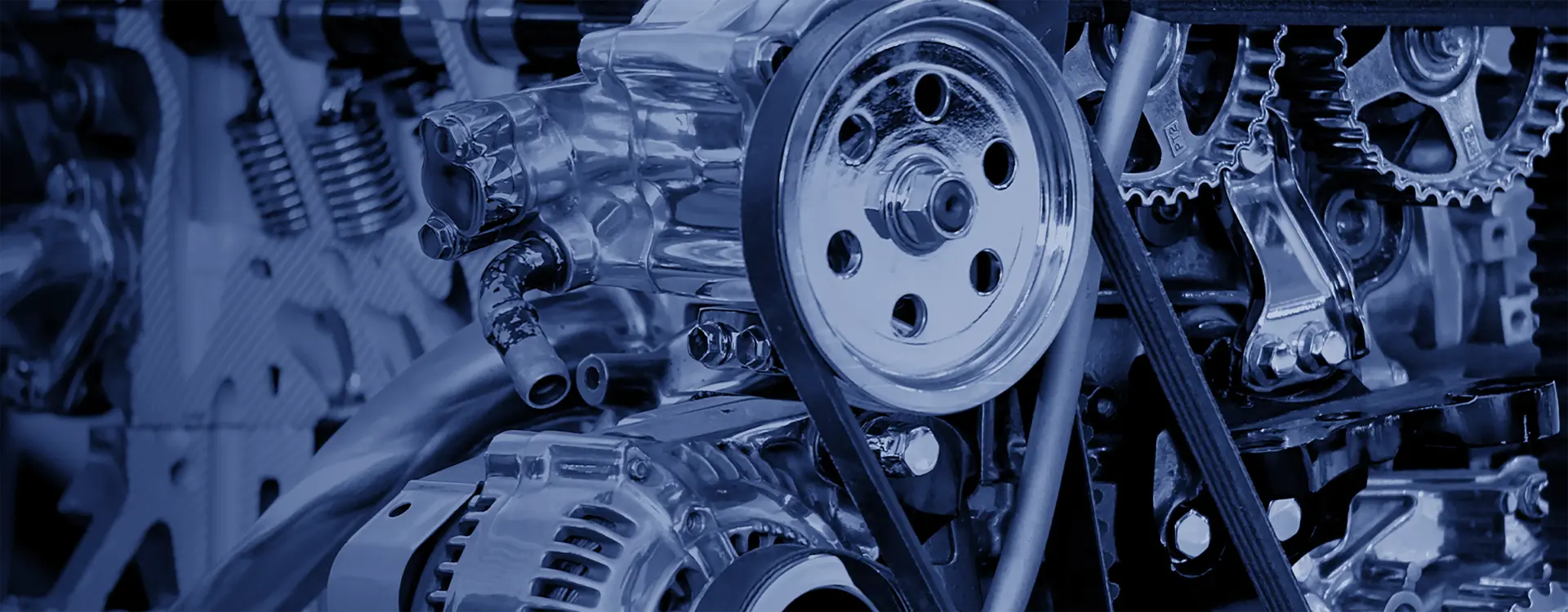Precision Metal Tubing - High-Quality Custom Solutions
Sep . 07, 2024 13:13
Understanding Precision Metal Tubing Applications and Benefits
Precision metal tubing is a vital component in various industries due to its remarkable accuracy and performance characteristics. Unlike standard tubing, precision metal tubing is manufactured to stringent specifications, making it ideal for applications where tight tolerances and high reliability are essential. In this article, we will explore the benefits and applications of precision metal tubing, highlighting its importance in today’s industrial landscape.
What is Precision Metal Tubing?
Precision metal tubing is designed to offer consistent wall thickness, diameter, and straightness, which are crucial for various functional applications. Typically made from materials like stainless steel, aluminum, brass, and other alloys, precision tubing undergoes advanced manufacturing processes such as cold drawing, machining, and heat treatment. These processes help achieve the dimensional accuracy and mechanical properties required for specialized applications.
Applications of Precision Metal Tubing
1. Aerospace Industry
In the aerospace sector, precision metal tubing is used in critical systems, including fuel lines, hydraulic systems, and structural components. The tubing’s ability to withstand extreme temperatures and pressures is essential for ensuring safety and performance in flight.
2. Medical Devices
The medical field relies heavily on precision metal tubing for various devices such as catheters, stents, and surgical instruments. The biocompatibility of materials like stainless steel makes them suitable for implants and other medical applications, where hygiene and precision are paramount.
3. Automotive Manufacturing
Precision tubing is used in automotive applications for fuel lines, coolant systems, and structural supports. Its lightweight and strong characteristics help improve fuel efficiency and overall vehicle performance, making it indispensable in modern automotive design.
precision metal tubing
4. Manufacturing and Construction
In manufacturing and construction, precision metal tubing is employed for scaffolding, support structures, and mechanical assemblies. The uniformity and durability of the tubing make it a preferred choice for ensuring structural integrity and safety in buildings and industrial setups.
Benefits of Precision Metal Tubing
1. Tight Tolerances
One of the most significant advantages of precision metal tubing is its ability to maintain tight tolerances. This ensures that the components fit together seamlessly, which is critical in high-stakes applications.
2. Enhanced Durability
Precision tubing is designed to withstand harsh conditions, including extreme temperatures, pressures, and corrosive environments. By choosing the right material and treatment, manufacturers can enhance the longevity of their products.
3. Weight Reduction
Precision metal tubing can be manufactured to be lightweight while still maintaining strength, which is particularly beneficial in industries such as aerospace and automotive, where weight reduction can lead to improved efficiency and performance.
4. Customizability
The manufacturing processes used for precision metal tubing allow for customization in terms of size, material, and shape. This flexibility enables manufacturers to meet the specific needs of their projects.
Conclusion
Precision metal tubing plays a crucial role across various sectors, providing solutions that meet the demanding requirements of modern applications. From aerospace to medical devices, the benefits of using precision metal tubing—tight tolerances, enhanced durability, weight reduction, and customizability—make it an indispensable component in today’s innovative industries. As technology advances, the demand for precision metal tubing is expected to grow, pushing manufacturers to continuously improve their processes and product offerings.
 Afrikaans
Afrikaans  Albanian
Albanian  Amharic
Amharic  Arabic
Arabic  Armenian
Armenian  Azerbaijani
Azerbaijani  Basque
Basque  Belarusian
Belarusian  Bengali
Bengali  Bosnian
Bosnian  Bulgarian
Bulgarian  Catalan
Catalan  Cebuano
Cebuano  Corsican
Corsican  Croatian
Croatian  Czech
Czech  Danish
Danish  Dutch
Dutch  English
English  Esperanto
Esperanto  Estonian
Estonian  Finnish
Finnish  French
French  Frisian
Frisian  Galician
Galician  Georgian
Georgian  German
German  Greek
Greek  Gujarati
Gujarati  Haitian Creole
Haitian Creole  hausa
hausa  hawaiian
hawaiian  Hebrew
Hebrew  Hindi
Hindi  Miao
Miao  Hungarian
Hungarian  Icelandic
Icelandic  igbo
igbo  Indonesian
Indonesian  irish
irish  Italian
Italian  Japanese
Japanese  Javanese
Javanese  Kannada
Kannada  kazakh
kazakh  Khmer
Khmer  Rwandese
Rwandese  Korean
Korean  Kurdish
Kurdish  Kyrgyz
Kyrgyz  Lao
Lao  Latin
Latin  Latvian
Latvian  Lithuanian
Lithuanian  Luxembourgish
Luxembourgish  Macedonian
Macedonian  Malgashi
Malgashi  Malay
Malay  Malayalam
Malayalam  Maltese
Maltese  Maori
Maori  Marathi
Marathi  Mongolian
Mongolian  Myanmar
Myanmar  Nepali
Nepali  Norwegian
Norwegian  Norwegian
Norwegian  Occitan
Occitan  Pashto
Pashto  Persian
Persian  Polish
Polish  Portuguese
Portuguese  Punjabi
Punjabi  Romanian
Romanian  Samoan
Samoan  Scottish Gaelic
Scottish Gaelic  Serbian
Serbian  Sesotho
Sesotho  Shona
Shona  Sindhi
Sindhi  Sinhala
Sinhala  Slovak
Slovak  Slovenian
Slovenian  Somali
Somali  Spanish
Spanish  Sundanese
Sundanese  Swahili
Swahili  Swedish
Swedish  Tagalog
Tagalog  Tajik
Tajik  Tamil
Tamil  Tatar
Tatar  Telugu
Telugu  Thai
Thai  Turkish
Turkish  Turkmen
Turkmen  Ukrainian
Ukrainian  Urdu
Urdu  Uighur
Uighur  Uzbek
Uzbek  Vietnamese
Vietnamese  Welsh
Welsh  Bantu
Bantu  Yiddish
Yiddish  Yoruba
Yoruba  Zulu
Zulu 












